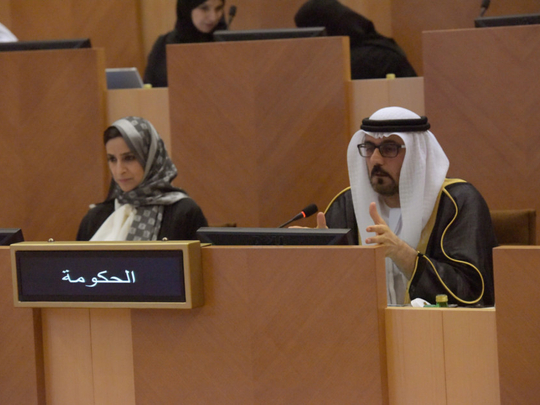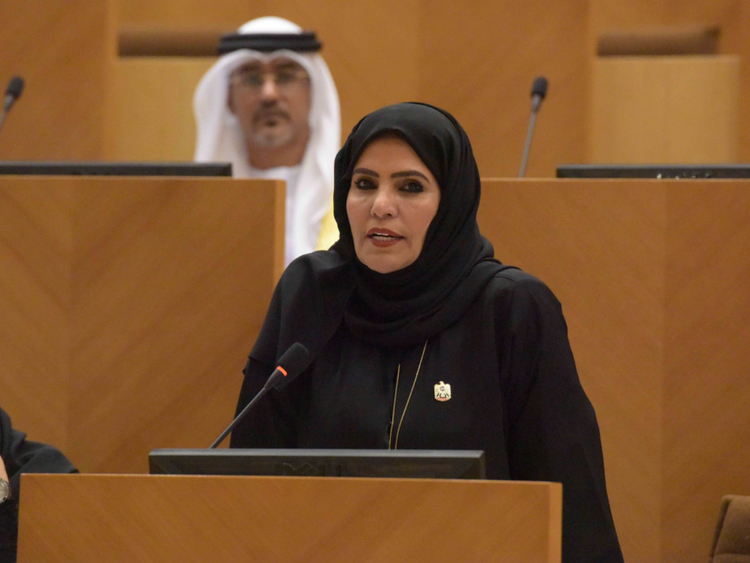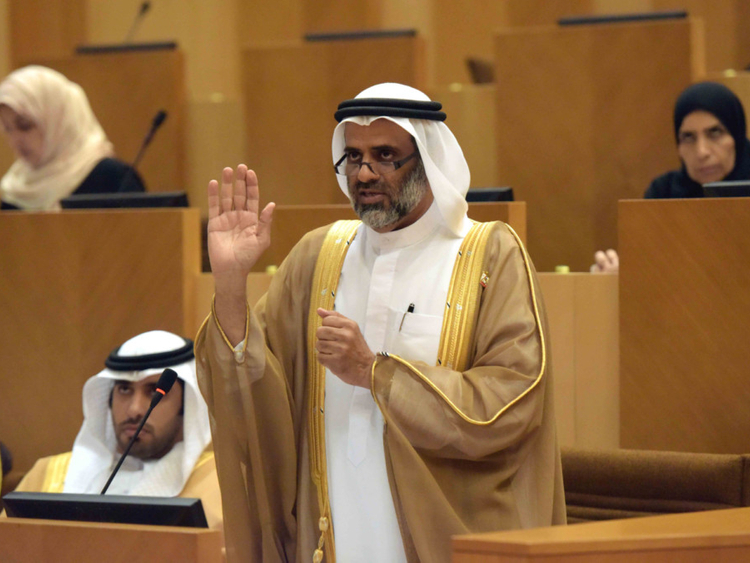
Abu Dhabi: Members of the Federal National Council on Tuesday demanded better salaries and benefits for teachers and for involving them in educational development policies and programmes.
In a six-hour debate, House members told Minister of Education Hussain Ebrahim Al Hammadi that Emiratis were shunning the teaching profession because of low salaries, poor incentives and an insufficient retirement plan.
They particularly demanded that women teachers be allowed to retire early if they have children below 10 years of age.
The members of the council argued teaching careers need to be made more attractive and the school system needs to change if the UAE wishes to climb the international league tables.
A report by the FNC revealed that more Emirati teachers are resigning because they are overworked and underpaid while their grievances are not being heard.
Naama Al Sharhan, member from Ras Al Khaimah, said over 1,000 teachers have resigned over the past three years.
Last year, 291 Emirati teachers resigned from public schools for reasons that included work environment and family circumstances. In 2015, 477 teachers quit, while in 2014, 235 teachers resigned.
Al Sharhan said the number of resignations doubled between 2014 and 2015, which showed poor incentives and lack of job security for overworked teachers.
The report said primary teachers are asked to take 24 periods per week, when preparatory teachers of cycle two are allocated only 21 classes and secondary schoolteachers 20 classes per week.
She said teachers have also complained that a lack of growth opportunities keeps UAE nationals away from the profession.
Members of the House also criticised the performance of the Ministry of Education terming it as poor and said that results of the Programme for International Student Assessment (Pisa) — an international ranking system — proved this.
They argued that while UAE students are good at learning, schools are failing to develop their creative thinking.
The UAE took part in Pisa, which tests 15-year-olds’ performance in science, maths and reading, for the first time in 2010 and was ranked 47 out of 74 education systems from around the world.
Hamad Al Rahoumi, member from Dubai, said the UAE has to concentrate on elevating the status of teaching as a profession, training Emirati teachers and making sure they have a voice in any educational policy change.
Al Rahoumi said public schools have not been doing well, which draws Emiratis to private schools where they seek quality education and better English language skills, which, in turn, comes at the cost of losing touch with their culture.
Members of the House also recommended that the steep rise in private school costs in the UAE must be curbed.
The members said the high tuition fees charged by many schools are in violation of the instructions of the Ministry of Education, which indicated the ministry’s lack of control over them.
Though Federal Law No. 28 of 1999 on private schools allows private schools to raise their tuition fees only once in three years, the reality is very different.
Schools in the UAE charge according to the curriculum they offer, with international ones coming on top of the fee pyramid and Asian ones being more affordable.
However, most parents, irrespective of the curriculum, maintain that their children’s school fees are a major expense of their household budget.














